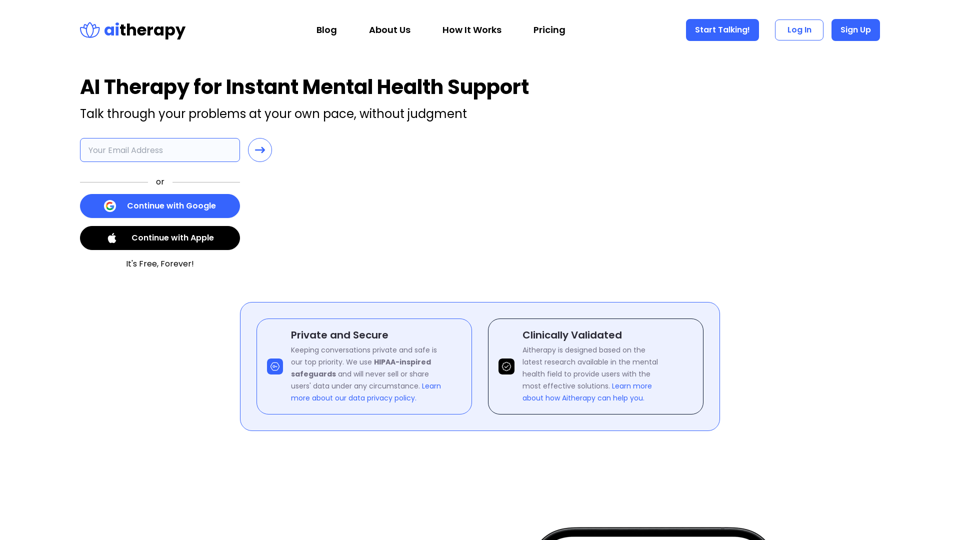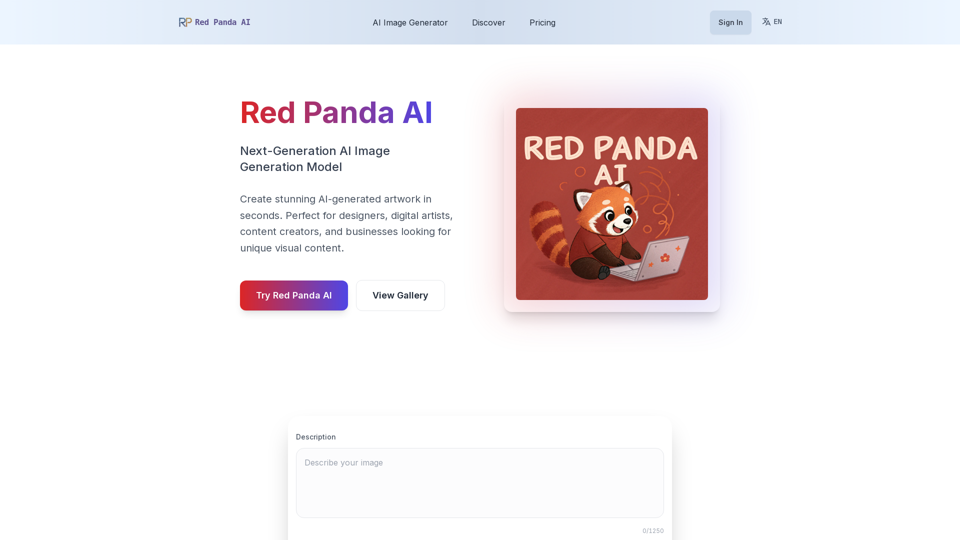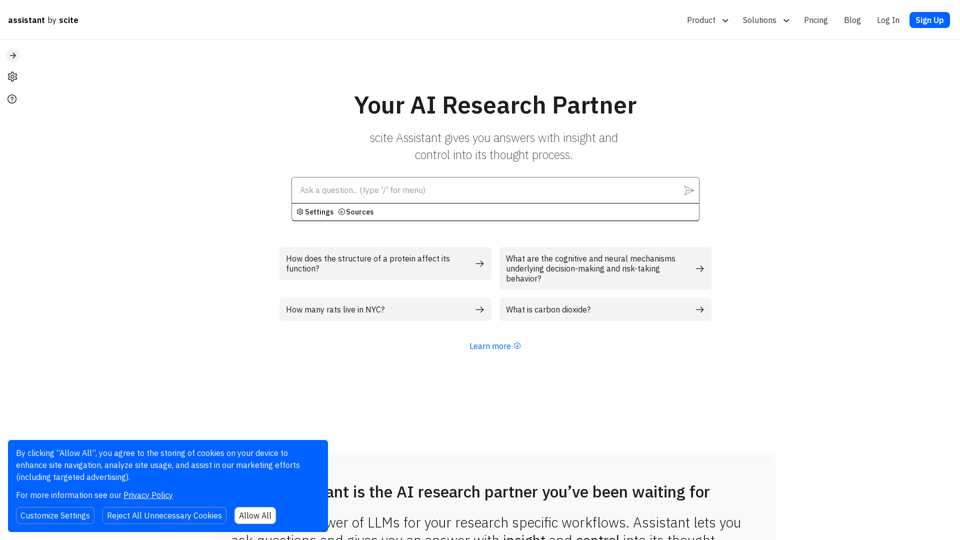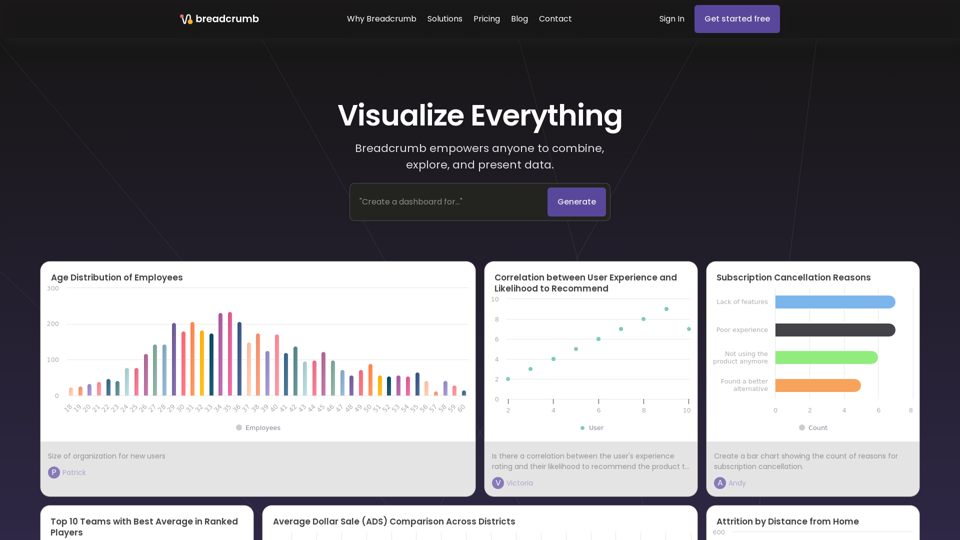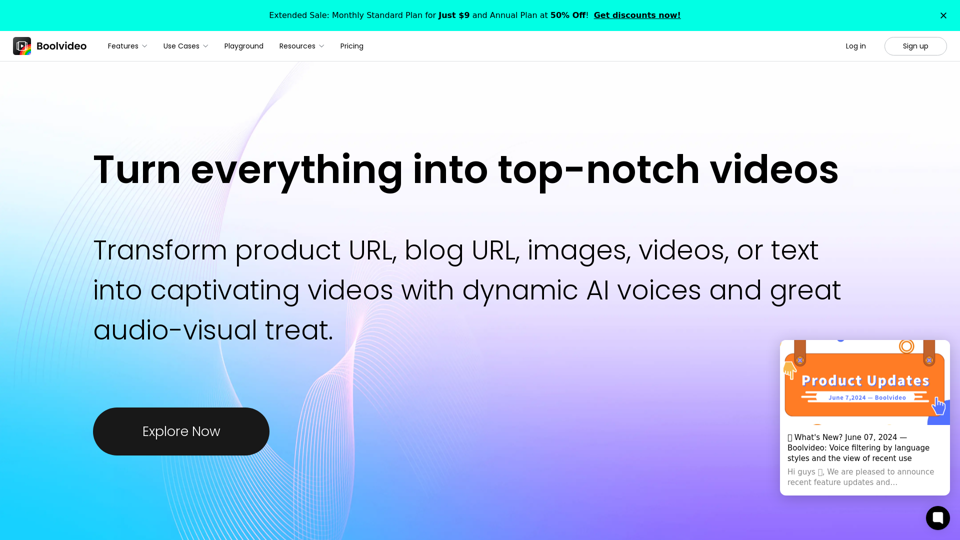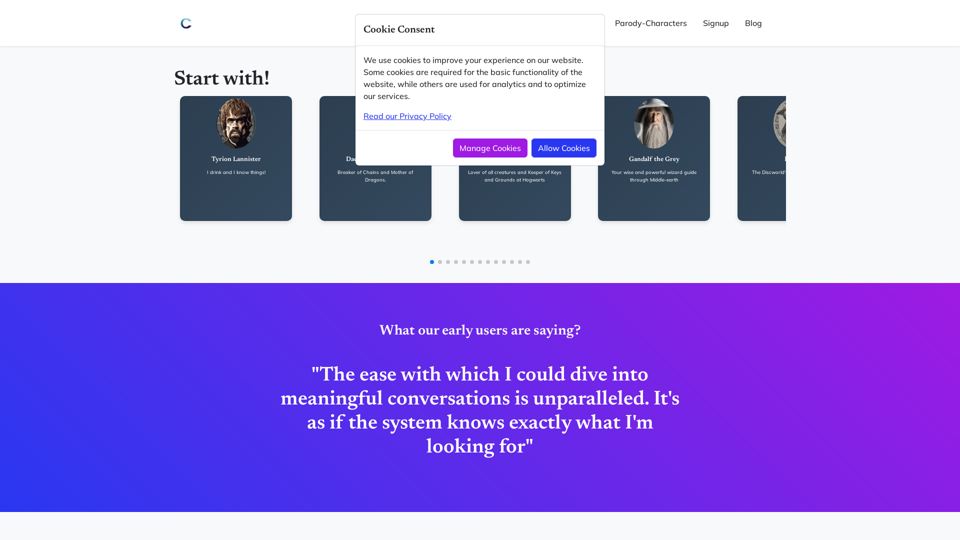Что такое ИИ в здравоохранении
Искусственный интеллект (ИИ) в здравоохранении относится к использованию машинного обучения, обработки естественного языка и других технологий ИИ для улучшения опыта медицинских работников и пациентов. Эти технологии позволяют медицинским специалистам лучше управлять ресурсами и применять проактивный подход к здравоохранению.
Основные технологии ИИ в здравоохранении
- Машинное обучение: Анализирует огромные объемы данных для выявления закономерностей и прогнозирования результатов.
- Обработка естественного языка (NLP): Интерпретирует и генерирует человеческий язык для приложений, таких как клиническая документация.
- Глубокое обучение: Используется для задач, таких как распознавание изображений и речи.
Преимущества ИИ в здравоохранении
ИИ предлагает множество преимуществ, трансформируя различные аспекты предоставления и администрирования медицинских услуг.
Точность диагностики
- Повышенная точность: Алгоритмы ИИ анализируют медицинские изображения, улучшая раннюю и точную диагностику заболеваний, таких как рак.
Административная эффективность
- Оптимизация процессов: Автоматизирует задачи, такие как планирование встреч и обработка заявок, снижая операционные расходы.
Индивидуализированное лечение
- Персонализированный уход: Использует данные пациентов для создания индивидуальных планов лечения, улучшая результаты для пациентов.
Открытие лекарств
- Ускоренная разработка: ИИ ускоряет открытие лекарств, анализируя данные для выявления потенциальных кандидатов на лекарства и прогнозирования их эффективности.
Вовлеченность пациентов
- Улучшенное взаимодействие: Приложения ИИ предоставляют персонализированные рекомендации по уходу и образовательный контент, повышая вовлеченность пациентов в их здоровье.
Как использовать ИИ в здравоохранении
Интеграция ИИ в здравоохранение включает несколько приложений, оптимизирующих как клинические, так и административные функции.
Клинические приложения
- Диагностика и лечение: ИИ помогает в диагностике заболеваний и рекомендации планов лечения, анализируя клинические данные.
- Удаленный мониторинг: Устройства на базе ИИ позволяют осуществлять непрерывный мониторинг пациентов, улучшая доступность медицинской помощи.
Административные приложения
- Управление данными: ИИ обрабатывает большие объемы медицинских данных, обеспечивая быстрый доступ к актуальной информации.
- Роботизированная автоматизация процессов (RPA): Автоматизирует административные рабочие процессы, повышая эффективность и снижая количество ошибок.
Проблемы ИИ в здравоохранении
Несмотря на свои преимущества, ИИ в здравоохранении сталкивается с рядом проблем, которые необходимо решать.
Конфиденциальность и безопасность данных
- Чувствительная информация: Системы ИИ генерируют и обрабатывают огромные объемы данных пациентов, что представляет риски утечки данных.
Предвзятость и справедливость
- Проблемы с обучающими данными: Системы ИИ могут демонстрировать предвзятость, если обучены на нерепрезентативных данных, что приводит к неравному обращению.
Интеграция и принятие
- Совместимость систем: Интеграция ИИ с существующими системами здравоохранения может быть сложной из-за проблем с интероперабельностью.
Этические и правовые проблемы
- Регуляторное соответствие: Навигация по сложным правовым рамкам и поддержание этических стандартов являются ключевыми для внедрения ИИ.
В заключение, хотя ИИ в здравоохранении предлагает трансформационные преимущества, решение его проблем необходимо для реализации полного потенциала. По мере развития технологий интеграция ИИ в повседневную клиническую практику, вероятно, станет более бесшовной, улучшая предоставление медицинских услуг и результаты для пациентов.

